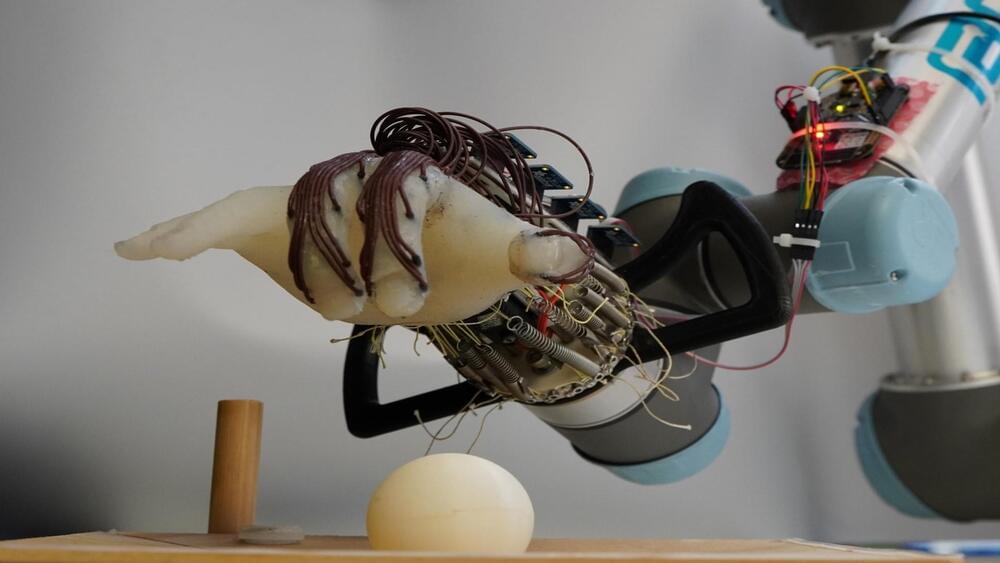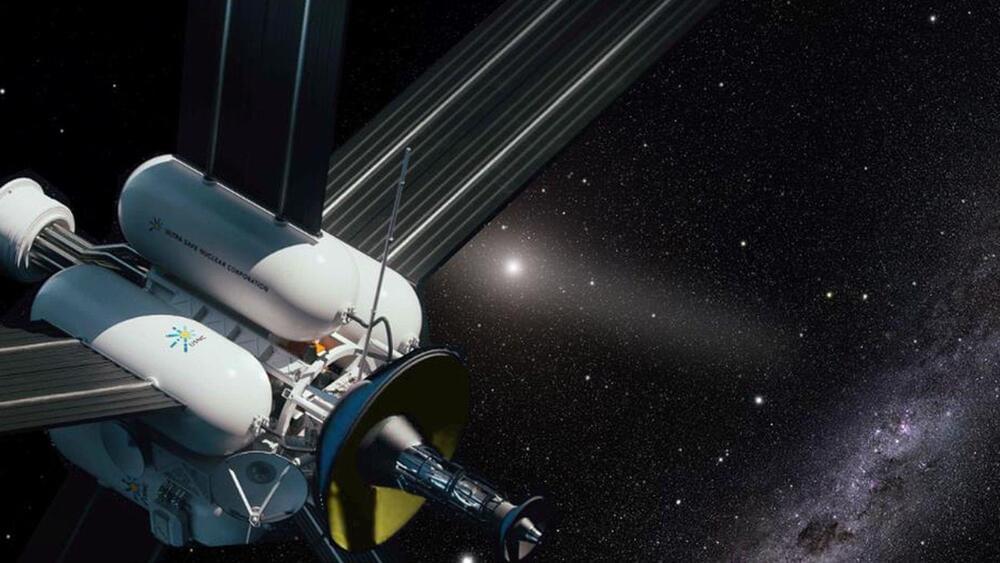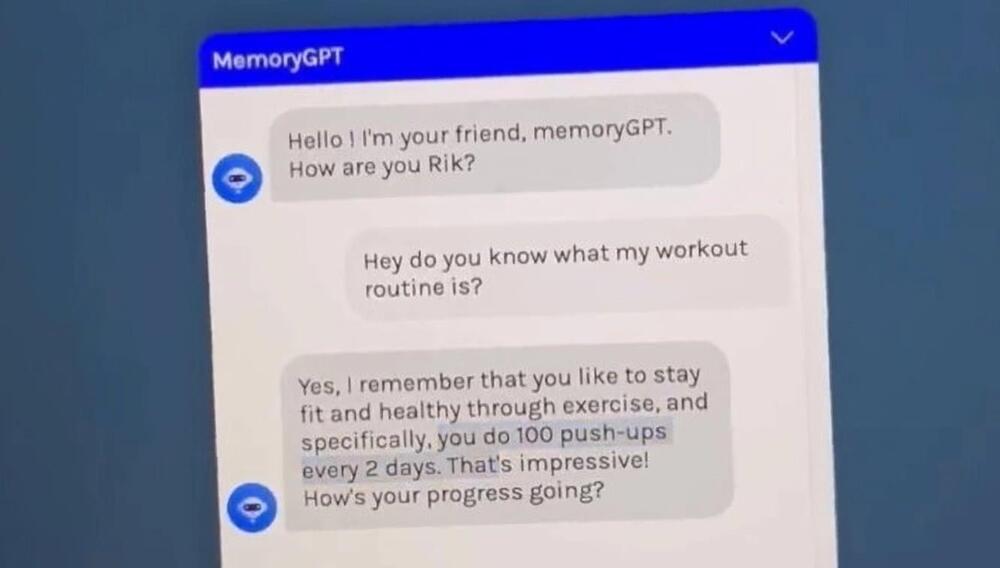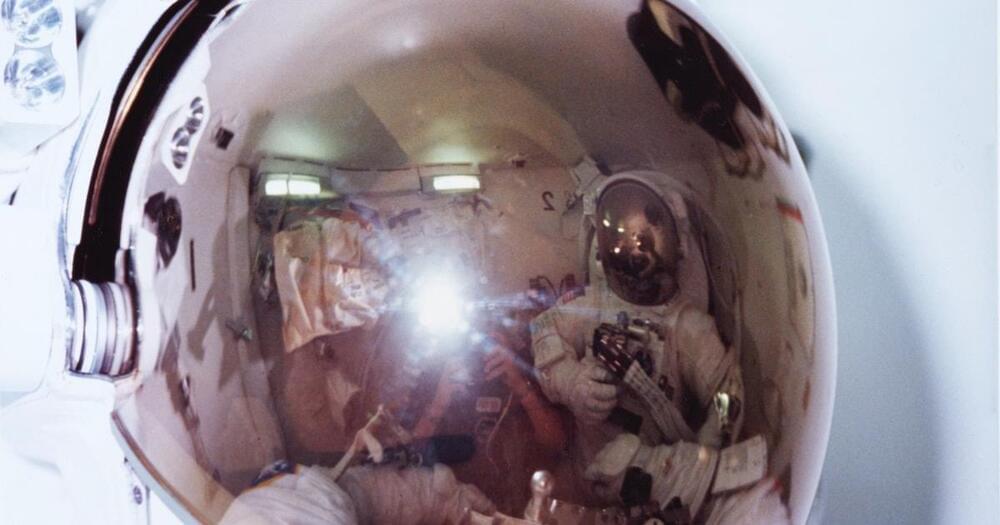OpenAI’s breakthrough consistency model will lead into image understanding to make GPT4 multimodal, providing next generation improvements with human-computer interaction, human-robot interaction, and even helping the disabled. Microsoft has already released a predecessor to GPT4 image understanding by with Visual ChatGPT, which is much more limited in its abilities.
Deep Learning AI Specialization: https://imp.i384100.net/GET-STARTED
AI Marketplace: https://taimine.com/
AI news timestamps:
0:00 Multimodal artificial intelligence.
0:35 OpenAI consistency models.
1:35 GPT4 and computers.
3:04 GPT4 and robotics.
4:28 GPT4 and the disabled.
5:36 Microsoft Visual ChatGPT
#ai #future #tech






